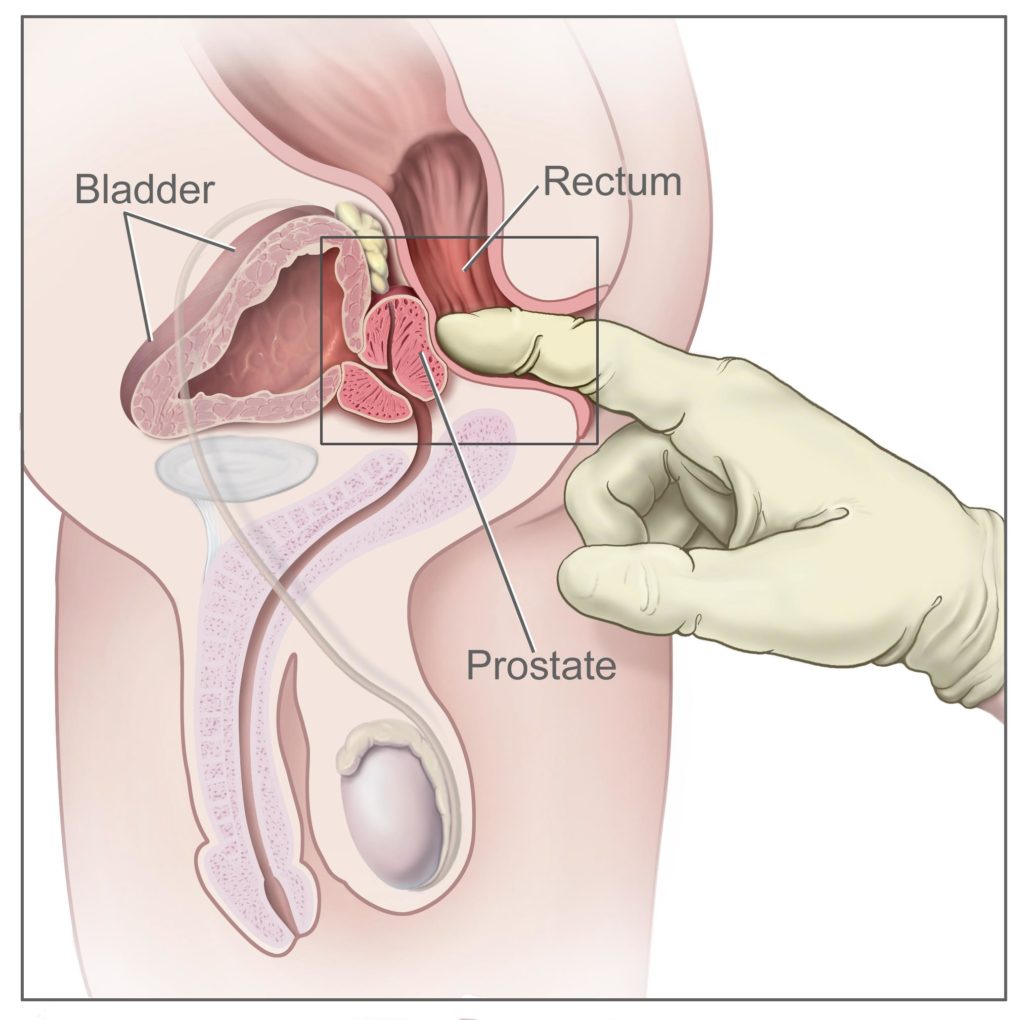- You are here:
- Home »
- Blog »
- Uncategorized »
- Bone Loss in the Prostate Cancer Survivor
Bone Loss in the Prostate Cancer Survivor

“Survivors of breast cancer, prostate cancer, and childhood leukemia are at particularly high risk for changes in bone mineral density (BMD) / osteoporosis that can lead to fractures.[1]”
Not only does the prostate cancer survivor have to worry about his PCa spreading to his bones, he must worry about therapies reducing his bone mineral density. For example, androgen deprivation therapy has been shown to cause bone loss.
While bisphosphonates represent an FDA approved bone strengthening therapy, PCa survivors can also take advantage evidence-based non-toxic bone health therapies as well.
I am both a survivor of an “incurable” cancer and cancer coach. I live in complete remission from my cancer by living an evidence-based non-conventional lifestyle. Non-toxic bone health therapies are central to this lifestyle.
Evidence-based non-toxic bone health therapies are central to managing my bone health. If you would like information about evidence-based non-toxic bone health therapies please scroll down the page to post- I will reply to you ASAP.
Thank you,
David Emerson
- Cancer Survivor
- Cancer Coach
- Director PeopleBeatingCancer
Recommended Reading:
- Prostate Cancer- Early Stage, Over-Treatment, Low-risk Cancer, Natural Therapies and more
- Prostate Cancer Therapy-Modified Citrus Pectin
- Prostate Cancer: Curcumin Curbs Prostate Cancer Metastases, Study Shows
Addressing Bone Loss in the Cancer Survivor
“Osteoporosis, the most common late effect of cancer treatment in the US, occurs with greater frequency among cancer survivors than the general population. Survivors of breast cancer, prostate cancer, and childhood leukemia are at particularly high risk for changes in bone mineral density (BMD) / osteoporosis that can lead to fractures.[1] In breast and prostate cancer patients, bone effects are often the result of endocrine therapy–induced alterations in bone microarchitecture. They also can be caused by other types of cancer therapy, vitamin D deficiency, and other physiological changes that may or may not be related to cancer or its treatment…
Osteoporosis can exist for many years without symptoms, and the presence of a clinically symptomatic fracture may be the first indication that bone loss has occurred. Given that the majority of cancer cases occur in people over 65 years of age, and even healthy older people are at higher risk of bone changes than younger ones (eg, owing to hormonal changes, nutritional differences, lifestyle changes including reduced mobility and lack of exercise, etc), the healthcare team must be vigilant in screening, monitoring, and intervention for bone effects in the cancer survivor…
Mouse Study Points to Strategy for Preserving Bone During Chemotherapy
“A new study in mice suggests that a biological process known as cellular senescence, which can be induced by cancer treatments, may play a role in bone loss associated with chemotherapy and radiation.
Senescence occurs when a cell permanently stops dividing but does not die. Senescent cells release a variety of substances into their environments that may affect neighboring cells.
“Senescent cells release many molecules,” said Sheila Stewart, Ph.D., of the Washington University School of Medicine in St. Louis, who led the study. “We found that some of the molecules released by senescent cells drive bone loss in mice receiving chemotherapy.”
Specifically, molecular signals from chemotherapy-induced senescent cells disrupted a process known as bone remodeling, the researchers reported in Cancer Research on January 13. During bone remodeling, cells called osteoclasts dismantle old bone and cells called osteoblasts build new bone.
Normally, osteoblasts and osteoclasts work in concert. “But when the balance is disrupted [by signals from senescent cells], bone can become too thin,” said Dr. Stewart. Thinning bone can lead to osteoporosis, increasing the risk of fractures and bone pain.
The researchers also showed that two investigational drugs could block molecular signals from senescent cells that disrupt bone remodeling in mice. This approach, the researchers noted, could be evaluated as a possible strategy for preventing chemotherapy-induced bone loss in patients…”


